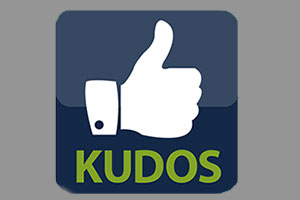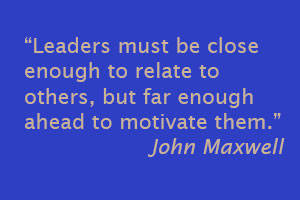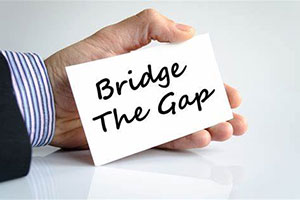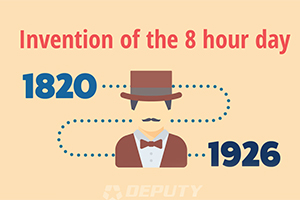“Sounds like a great plan. Does anyone disagree?” It’s a question that makes me cringe every time I hear it. The fellow introverts on the call all glance at one another to see if any of them will be brave enough to share their thoughts. And some of the extroverts ponder expressing disagreement, but weigh it against their desire to wrap up the meeting quickly and return to their growing workload. After a few seconds of silence, the leader takes silence as agreement and moves on. Weeks later when the plan falls apart, everyone wonders what happened.
Be Careful with Your Kudos
Given the importance of recognizing the contributions of others, as well as the need to express gratitude frequently, it’s always encouraging to see organizations that embrace formal kudos awards. Whether the recognition appears in a newsletter, through an Employee of the Month award, or just a shout-out during team/company-wide meetings, the employee feels both seen and appreciated. It seems crazy to think that there could be any drawback to expressing appreciation and gratitude, but there are potential pitfalls that should be avoided to ensure the positive intent is not lost.
The Zoom Energy Drain: Understanding and Managing It
“Well this must be your ideal scenario as an introvert. You must love working from home without any superficial conversations draining your energy. I bet it will be hard for introverts to go back in the office after being able to control social interactions for so many months.” This simple observation from a colleague stuck with me for a week. If introverts are drained by things like superficial conversations, spontaneous questions, and long days of social interactions, then working remotely should be the ultimate energy preservation work scenario. In a remote office, we have more control over who we engage … Read More
Transitioning from Friend to Leader
Every change comes with challenges, but the transition from peer to supervisor can be a particularly challenging adjustment. Internal promotions are critical for retaining top talent and leveraging proprietary knowledge gained on the job. But internal promotions can also result in awkward role and relationship changes for individuals who were formerly peers. When one person on a team is promoted to a leadership position, there can be a wide range of feelings among the peers. Some will be happy because don’t have to establish a relationship with a new, unknown manager. Additionally, the promoted manager already understands the business so … Read More
Addressing the Feedback Gap
Now that we are 4 months into the global pandemic, most of us have settled into a rhythm with our new working situation. We’ve adapted to new rules, become more flexible, and adjusted to the ongoing level of uncertainty. As we become more comfortable and settle into a new routine, it becomes increasingly important to ensure our new workplace behaviors are still effective. Now more than ever, we’re likely missing opportunities for real-time feedback as a result of working in a fully remote environment. We’re communicating in shorter bursts and in ways that don’t lend themselves to open conversations for feedback. … Read More
The End of the 8-Hour Workday
The 8-hour workday dates back to the 19th-century. It was designed to split the day into three equal parts (work, free-time, and sleep). Given the heavily industrial nature of work in those days, and the rise of labor unions to protect workers, the 8-hour workday not only became commonplace, but was also legislated with additional protections for over-time. Nearly 100 years later, most organizations still cling to the 8-hour workday, in spite of the dramatically different landscape of the workplace today.






